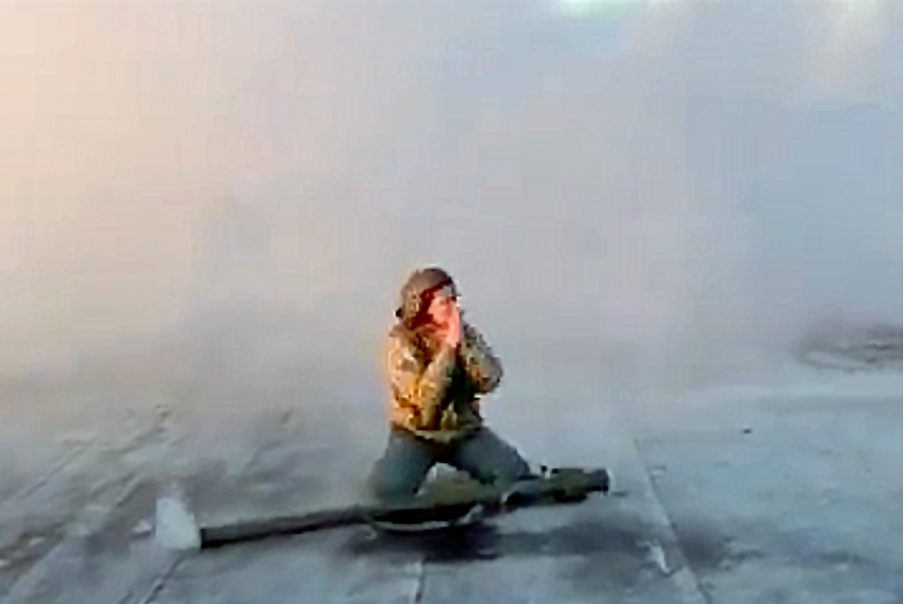Switzerland will host a Ukraine peace conference at the Bürgenstock Resort above Lake Lucerne in mid-June. Russia has not been invited, China has cancelled its participation for the time being, and Kyiv accusing Beijing and Moscow of putting pressure on other countries to prevent them from attending. Europe's press debates the opportunities and dangers of the summit and any future peace negotiations.
From a Ukrainian to a joint position
JOIN US ON TELEGRAM
Follow our coverage of the war on the @Kyivpost_official.
Glavkom comments:
“The peace summit is an attempt to elevate the discussion about peace initiatives to the level of global diplomacy. Not behind-the-scenes talks between the leading powers, not obscure 'plans' by experts hired by the Russians, not declarations and drafts of previously buried negotiations. But something truly global, which could then be presented to all who want it. It's telling that the Russians are putting a huge amount of resources into discrediting the Ukrainian position. ... But after the summit there will no longer be just a Ukrainian position, but a joint one. The position of many, opposed by individual states.”
Swiss must brace for massive disruptions
Putin will do everything he can to torpedo the conference, warns Le Temps:
“The Russian missiles in Kaliningrad are probably not aimed at Switzerland. But over the next two weeks Bern must brace itself for increasingly sophisticated salvos against its sovereignty. Putin may not be able to prevent the peace conference at the Bürgenstock resort on 15 and 16 June, but he will deploy the full panoply of his hybrid warfare to derail the efforts of Swiss diplomacy. The attacks against the Swiss president on Russia's biggest TV channel - a mixture of insults and North Korean-style insinuations - are just the tip of the iceberg.”

‘If They Cut, I Think We Will Lose’ – Ukraine at War Update for Nov. 20
Better to negotiate now
Observador has an eye to the escalating international situation:
“The prolongation of the fighting, the entrenchment of the war and the possibility of Trump being elected in November raise the question of whether it would not be better to negotiate as soon as possible. Wouldn't it be better to recognise that the conflict has reached an impasse, negotiate recognition of the Russian occupation of part of Donbass, integrate Ukraine into Nato and the EU and implement a new Marshall Plan in the country that would soon show the positive difference that it makes to be part of the West?”
Russia just wants to regroup
Opposition politician Leonid Gozman warns in Novaya Gazeta Europe against agreeing to a ceasefire on Russian terms:
“Putin has not abandoned his goal of destroying Ukraine. ... Strangely enough, following the logic of a long siege of Ukraine he needs peace. Not in the sense of true peace, however, but of a ceasefire: a temporary truce that allows Russia to regroup and attack with renewed force, and from a much better position than in February 2022. Of course, the agreement he is proposing - a peace that recognises the current front lines - can lead to nothing other than a new war in two, three or four years' time. And Ukraine is aware of this.”
War will enter a new phase that lasts until year's end
The Middle East conflict will enter an even bloodier phase before any negotiations take place, columnist Hakan Aksay predicts in T24:
“There is a high probability that Trump will return to power and put a stop to the war. ... His approach would probably be to end it with a 'clever deal' that looks like a success. But behind my prediction that 'the war will get much bloodier in these coming months and probably until the end of the year' lies the following assumption: everyone wants to go into the 'negotiation and agreement phase' with as much territory gained as possible.”
You can also highlight the text and press Ctrl + Enter






